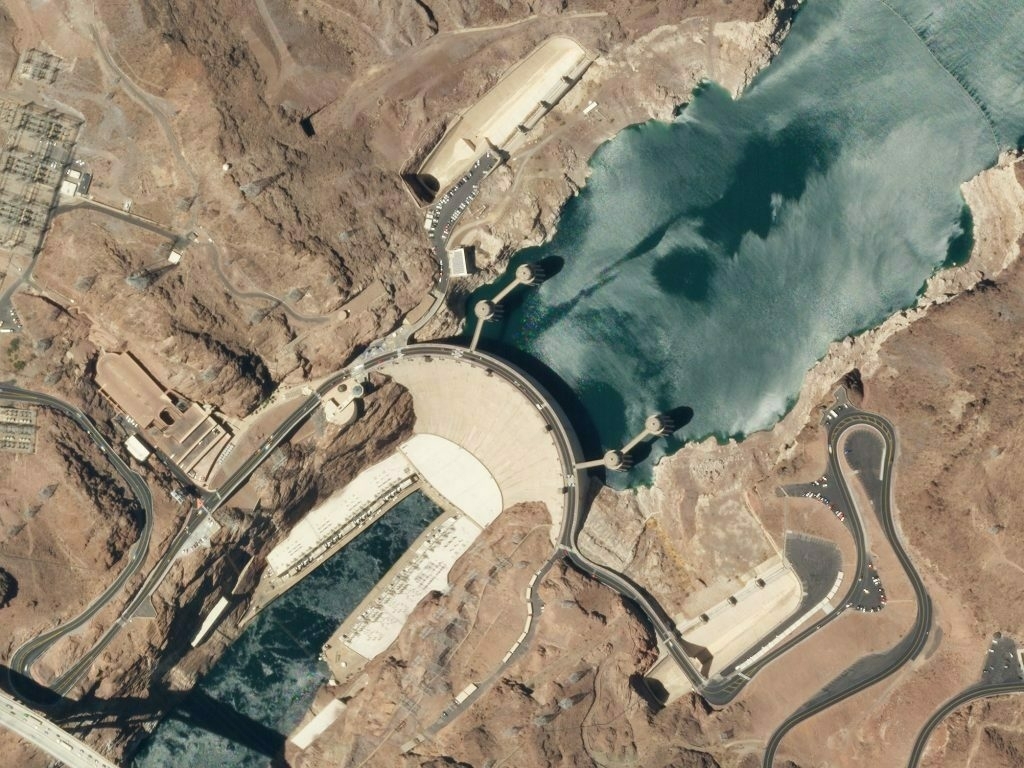Spatial Finance
Using real-time satellite imagery to ensure that people are building (or not-building) what they say they’re going to.
‘Spatial finance’ is the integration of geospatial data and analysis into financial theory and practice. Earth observation and remote sensing combined with machine learning have the potential to transform the availability of information in our financial system. It will allow financial markets to better measure and manage climate-related risks, as well as a vast range of other factors that affect risk and return in different asset classes.Source: Spatial Finance Initiative - Greening Finance and Investment
The certainties of one age are the problems of the next

🏙️ How the spread of sheds threatens cities — "A white-collar worker who has tried to work from the kitchen table for the past nine months might be keen to return to the office. A worker who has an insulated garden shed with Wi-Fi will be less so. Joel Bird, who builds bespoke sheds, is certain that his clients envisage a long-term change in their working habits. “They don’t consider it to be temporary,” he says. “They’re spending too much money.”
😬 Transactional Enchantment — "The greatest endemic risk to the psyche in 2021 is not that you’ll end up on the streets next week or fail to fund your retirement in 30 years. The greatest risk is that you’ll feel so relentlessly battered by the weirdness all around that you’ll go numb and simply disengage from the world entirely today."
🕸️ The unreasonable effectiveness of simple HTML — "Are you developing public services? Or a system that people might access when they’re in desperate need of help? Plain HTML works. A small bit of simple CSS will make look decent. JavaScript is probably unnecessary – but can be used to progressively enhance stuff. Add alt text to images so people paying per MB can understand what the images are for (and, you know, accessibility)."
💬 Convocational Development — "The fundamental difference between the convocation and traditional open source is that energy is put into facilitating discussions between users, coders, graphic designers etc. Documentation and instructions are often the weakest part of an open source project, and that excludes people who don’t have the time or ability to assemble a mental model of the open source software and its capabilities from just the code and the meagre promotional materials. The convocation starts as a basic web forum, but evolves tools and cultures that enable greater participation in the development process itself."
📈 GameStop Is Rage Against the Financial Machine — "Instead of greed, this latest bout of speculation, and especially the extraordinary excitement at GameStop, has a different emotional driver: anger. The people investing today are driven by righteous anger, about generational injustice, about what they see as the corruption and unfairness of the way banks were bailed out in 2008 without having to pay legal penalties later, and about lacerating poverty and inequality. This makes it unlike any of the speculative rallies and crashes that have preceded it."
Quotation-as-title by R.H. Tawney. Image from top-linked post.
